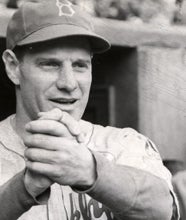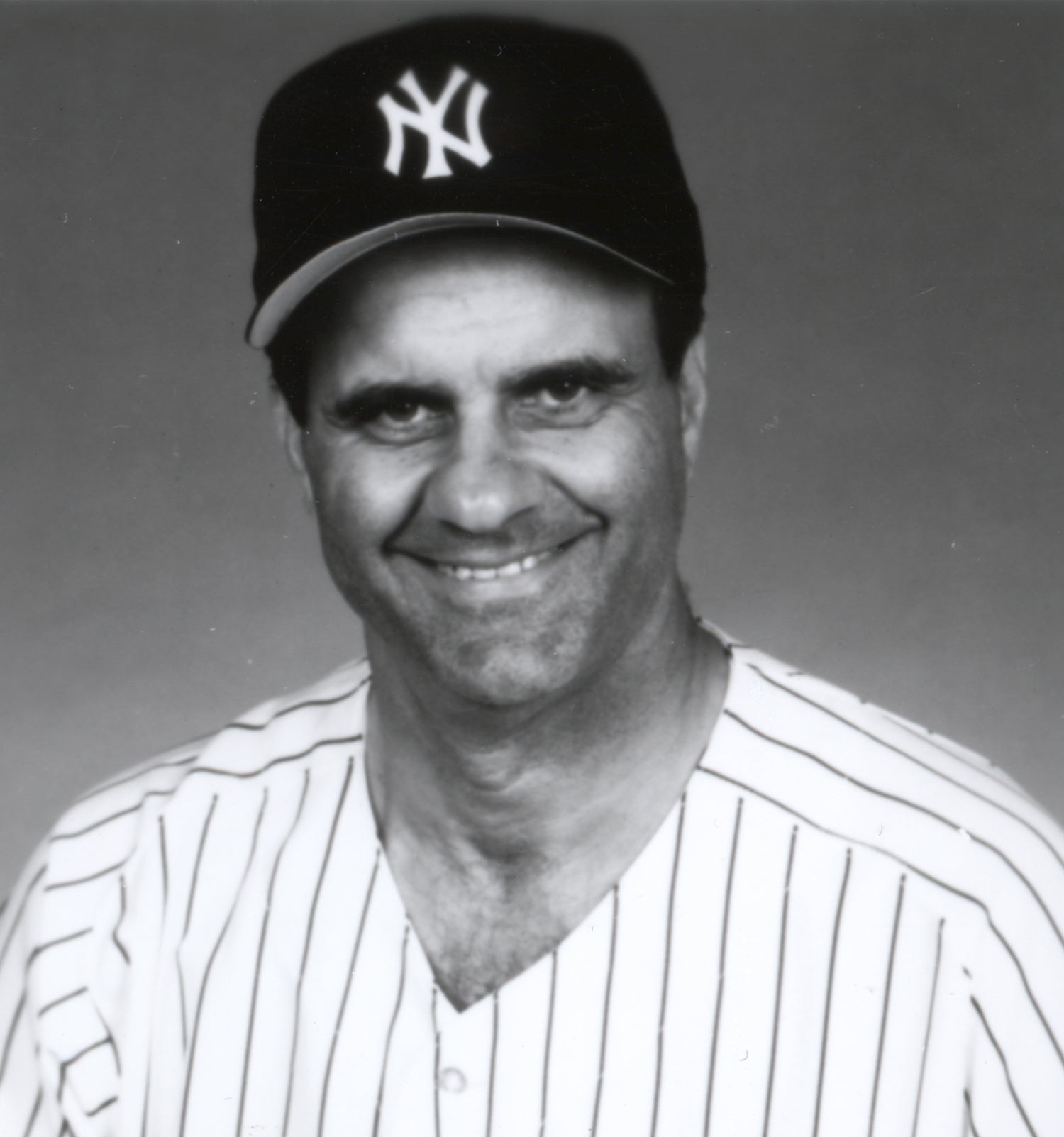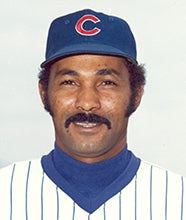- Home
- Our Stories
- The Cubs’ Billy Williams ends his NL record of 1,117 consecutive games played
The Cubs’ Billy Williams ends his NL record of 1,117 consecutive games played
On Sept. 22, 1963, a youthful Chicago Cubs left fielder with an unassuming disposition stepped onto the grass at Wrigley Field. His team won the game, beating the Milwaukee Braves 7-3, but at the time, the young left fielder had no way of knowing something even bigger was brewing.
Seven years later, on Sept. 3, 1970 that same left fielder, worn down from the constant weathering of 1,117 consecutive games and the bruises he had accumulated along the way, asked Cubs manager Leo Durocher if he could have a day off.
Thus ended Billy Williams’ National League record-breaking streak.
“It took a long time to get me out of there,” Williams said after the game, “but sometimes a player can get so wrapped up in record streaks it hurts his club.”
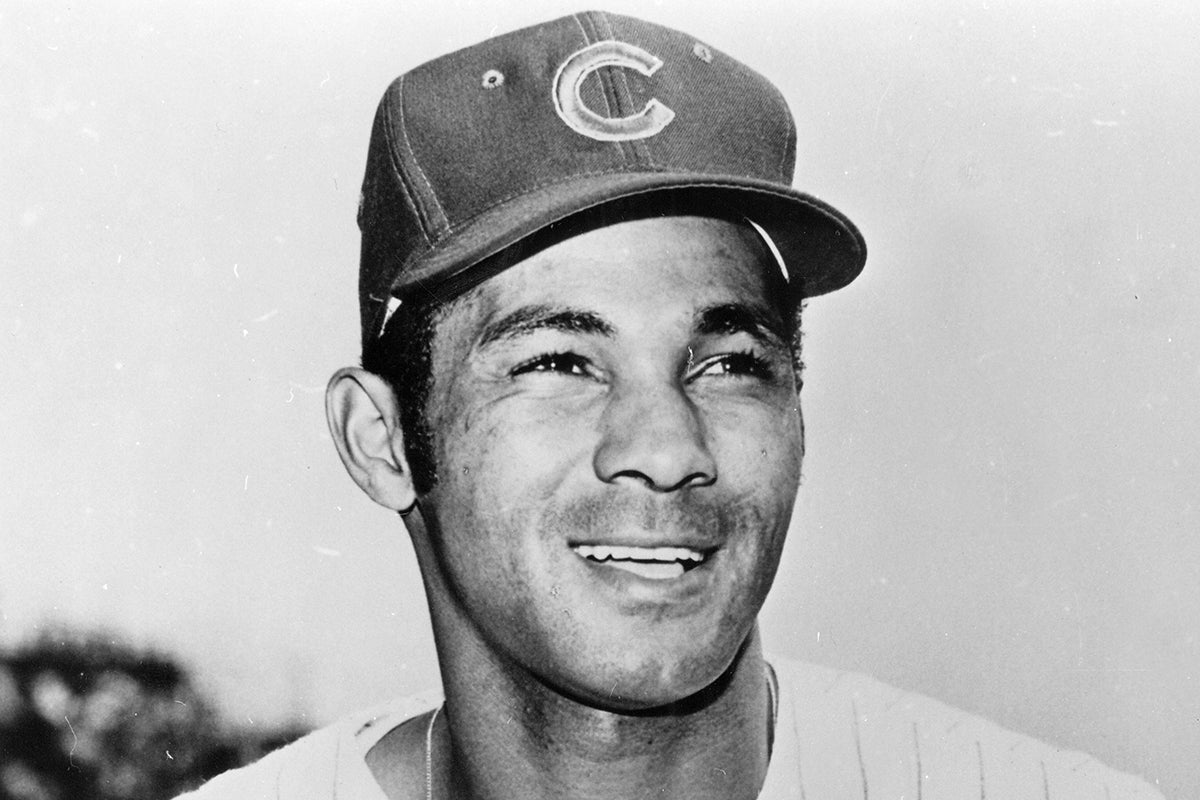
At the time, Williams’ record was the best ever in the National League and the third longest streak in the history of the Major Leagues. Today, it remains the sixth longest streak, and is second in the National League behind only Steve Garvey’s 1,207 consecutive games.
During his streak, Williams batted over .300 three times and earned three All-Star berths. In 1970, the final year of his streak, he led the majors in hits, runs scored and total bases while finishing second in the National League Most Valuable Player Award voting.
When he finally asked to sit out, Williams was trying to lengthen his playing days.
“I wasn’t getting the bat around, I wasn’t performing at the plate,” he said. “It was a good time to end the streak.”
Williams went on to play four more seasons with the Cubs and would retire after two additional years with the Oakland Athletics. He made the National League All-Star squad twice more in his career and again finished second in National League MVP voting in 1972.
The six-time All-Star was a beacon of consistency throughout his career, finding ways to avoid or fight through injury. Williams played in 100 or more games in each of his 16 full seasons in the Major Leagues, never playing less than 117.
Williams amassed a .290 career batting average and compiled 1,475 RBI in addition to 426 home runs. The pinnacle of his storied career, however, is arguably his streak, which showcased the future Hall of Famer’s grit, determination and dedication.
Over his 18-season big league career, Billy Williams amassed 2,711 hits, a .290 batting average, 426 home runs and hit 20 or more home runs in 13 straight seasons. (Doug McWilliams / National Baseball Hall of Fame and Museum)
Share this image:
Williams retired at age 38 following the 1976 season, and earned enshrinement in Cooperstown in 1987. The Chicago Cubs retired his No.26 after his induction.
“I’ve got to be the luckiest man in baseball,” he said. “Nobody can play that many games in a row without being lucky – a no injuries, no prolonged slumps, no nothing. Just good health to play every day.”
Kristen Gowdy was the 2014 public relations intern in the Frank and Peggy Steele Internship Program at the National Baseball Hall of Fame and Museum
Related Stories
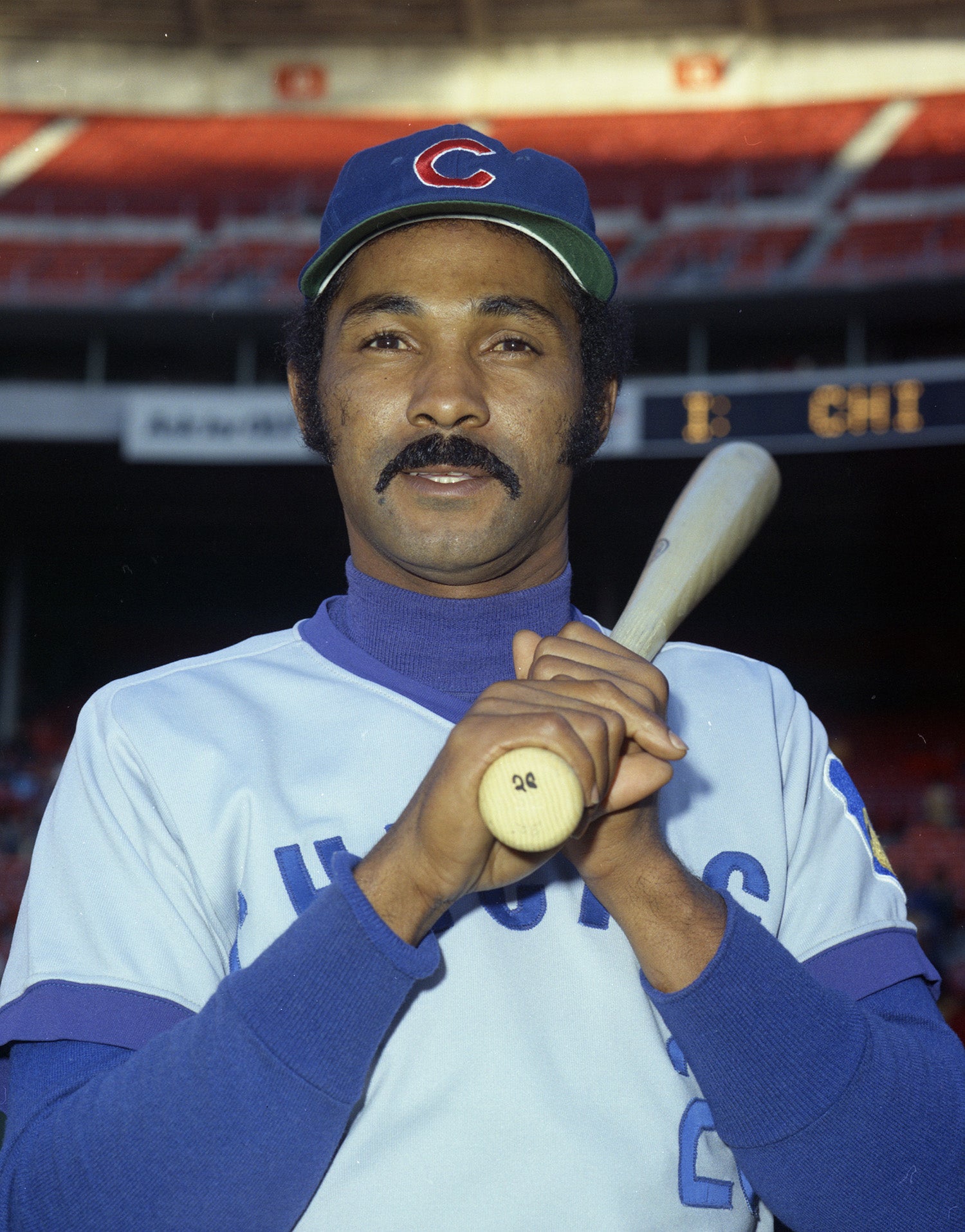
Loveable Cub: Billy Williams parlayed a textbook swing and unwavering consistency into a plaque in Cooperstown
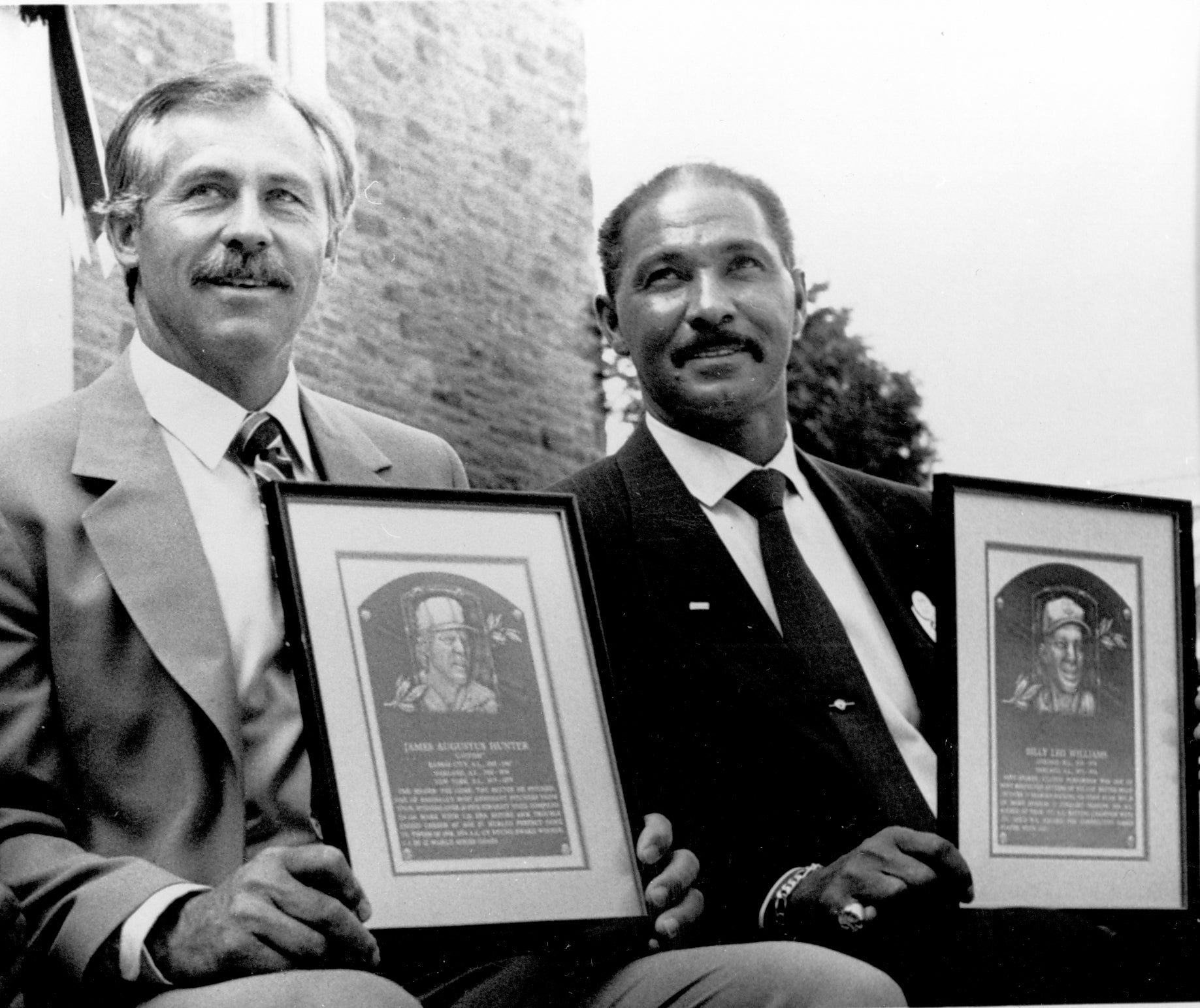
Catfish Hunter and Billy Williams elected to the Hall of Fame
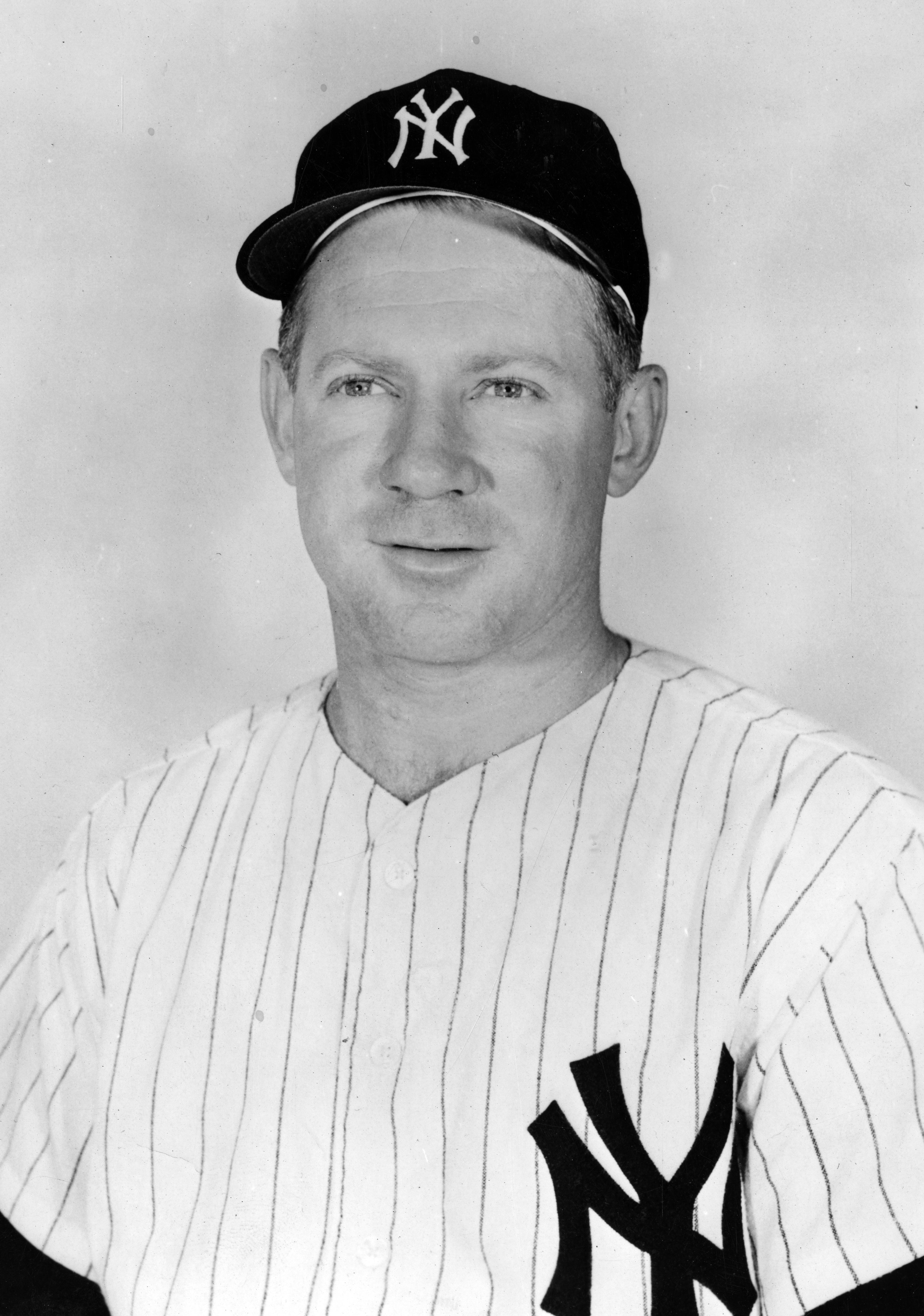
Ford breaks Ruth’s World Series scoreless innings streak
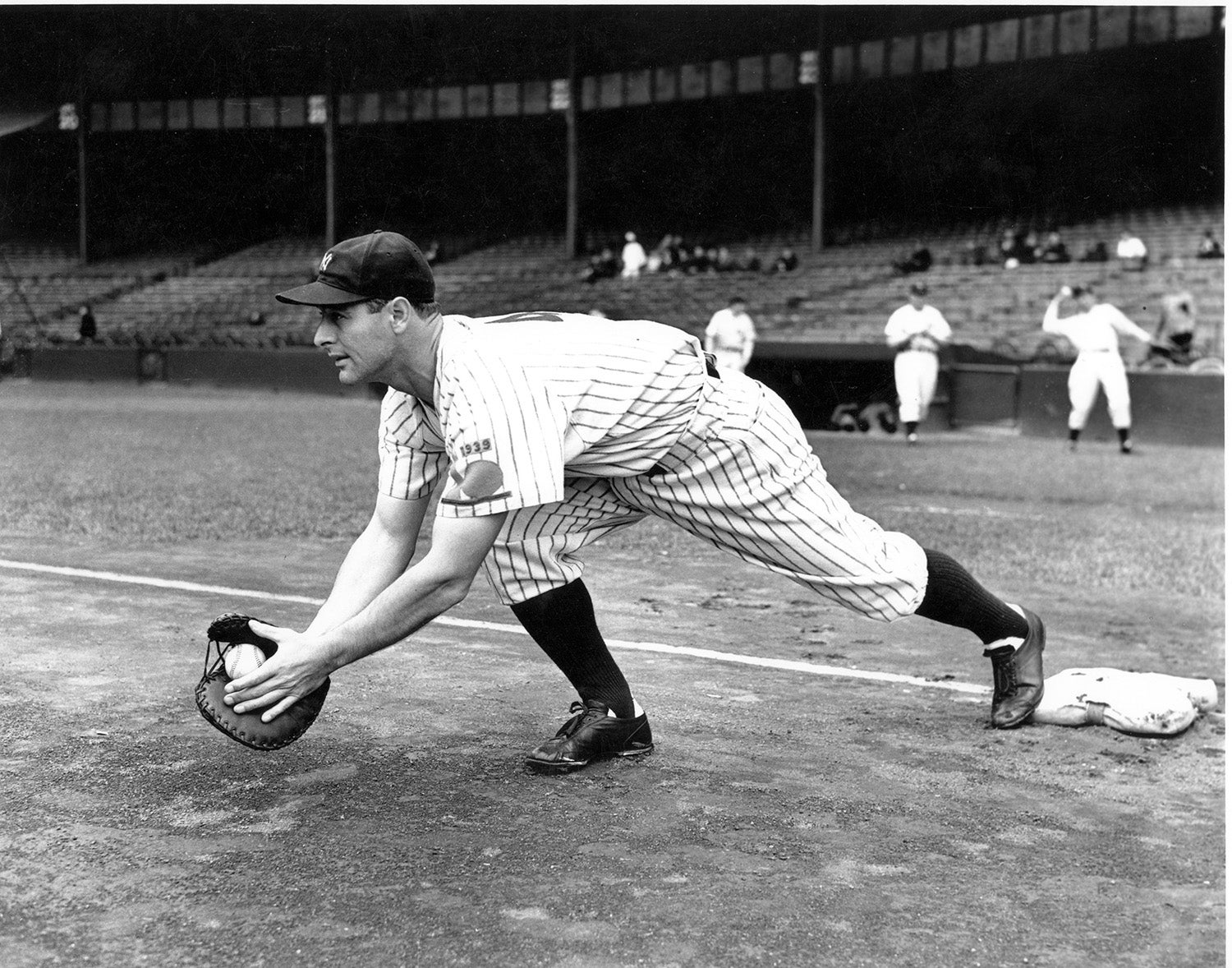
Lou Gehrig appears in his 2,000th consecutive game for the Yankees

Loveable Cub: Billy Williams parlayed a textbook swing and unwavering consistency into a plaque in Cooperstown

Catfish Hunter and Billy Williams elected to the Hall of Fame

Ford breaks Ruth’s World Series scoreless innings streak




